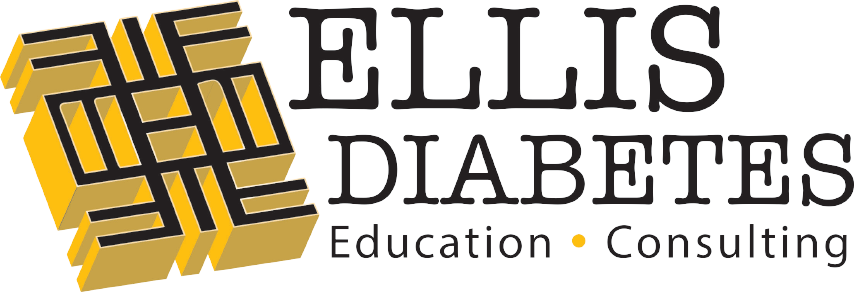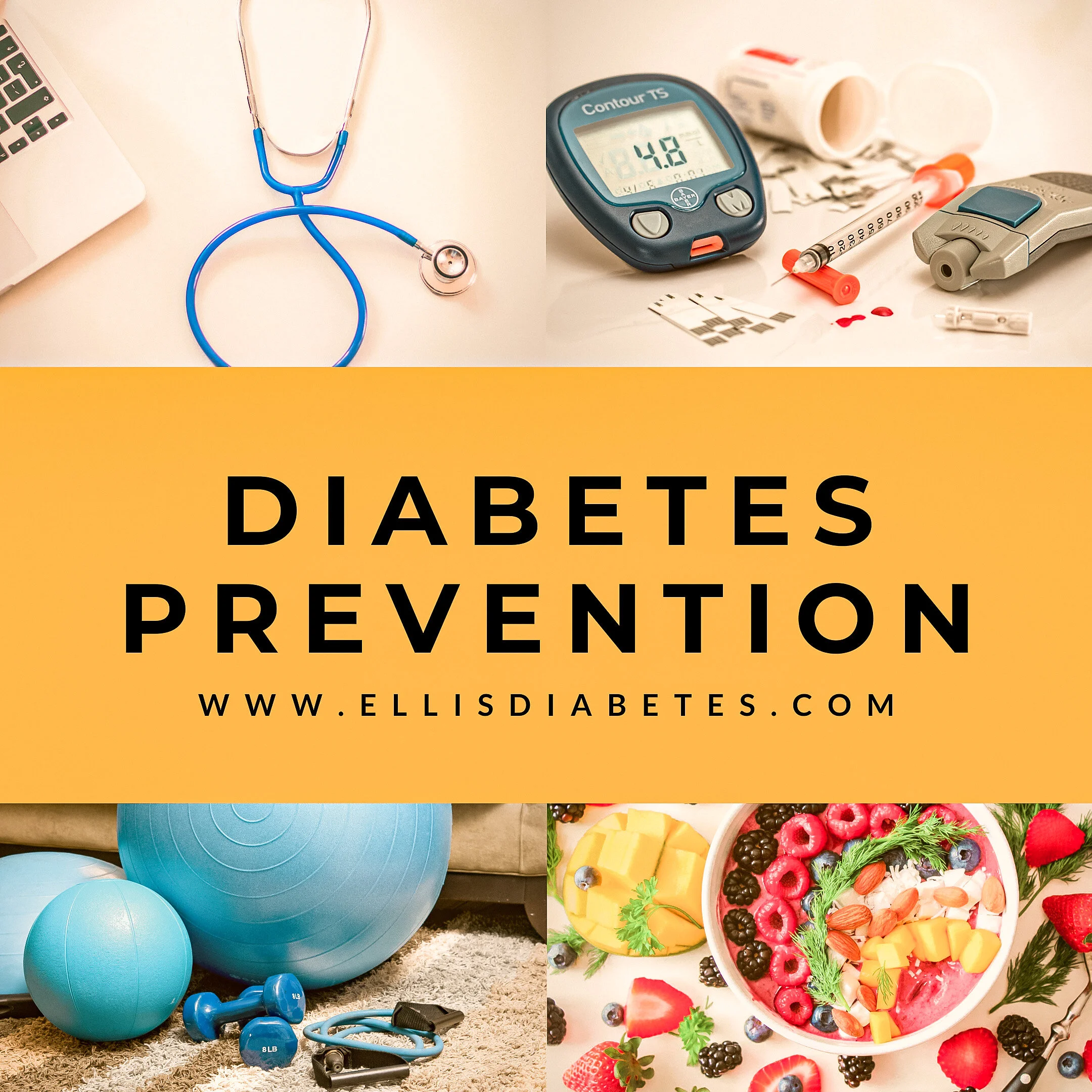Dietary Recall for Diabetic Patients
So let’s talk about a good DIETARY FOOD RECALL for diabetic patients! In all honesty, performing a food recall is beneficial for any patient but it can be extremely insightful for you and your patients with diabetes. The purpose of it is to get an accurate daily dietary intake. This especially is important because we can see clearly what the issue for the patient is. Is it that they binge eat? Is it that they make unhealthy choices when they are hungry? The dietary recall can shed light on this plus more and can assist us with tailoring our education for the patient. Now we all know what a food recall is and how to do it but as I’ve stated before, we can get hurried and cut this due to lack of time. At times, we can leave this to the dietitian to perform (if the patient has one on board) but we are fully qualified to start and utilize the data gather from a food recall as nurse practitioners. In today’s post, I would like to outline the components of a thorough food recall. As always, do not feel this is the end all, be all. This can and should be tweaked to fit your population’s needs. So without further ado, let’s get into it:
Time the Patient Ate: Writing down the time of the meal/snack will show us how often the patient eats and when. Are they eating throughout the day or are they skipping meals? Documenting the time will tell us this.
The Food/Beverage description: Of course we need to know what they are eating. I like to tell people, if it goes past their lips, write it down. From the condiments used on that sandwich to the snack food late at night, we need to know it all.
Amount Eaten: Knowing the amount tells us how their portion control is. A lot of people live here…not knowing how much to eat.
Rate Hunger/Fullness before and after: Now this is an optional thing to add. Here the patient rates how hungry they are before eating and how full they are after eating. The patient may choose to not eat if they’re not that hungry and skips meals. Maybe they tend to overeat and decide to skip the next meal. This can give us insight with their thought process.
Location of meal/snack & feelings: Now this is optional as well and leans into the emotional side of eating. Does the person tend to snack mindlessly while watching TV or laying in the bed? Are they sad when they overeat? Is there a lack of planning meals that pushes them to make unhealthy food choices? All of these questions are great items to note.
Well guys, that’s all I have for now. Like I stated earlier, this should be tweaked on a case by case basis to fit the needs of the patient. As an extra resource, here’s an example of a dietary recall HERE & HERE. If you have questions over how diabetics should eat, last week I posted about the Food Guidelines for Diabetes where I summarized the AACE guidelines. Check that out because it was packed with a lot of great information. Below is the FREE Food Guideline Cheat Sheet and accompanying video of a thorough Food Recall from my YouTube channel, Kim E. The Diabetes NP. I would appreciate it if you SUBSCRIBED and followed me over on Instagram, @thediabetesnp.





